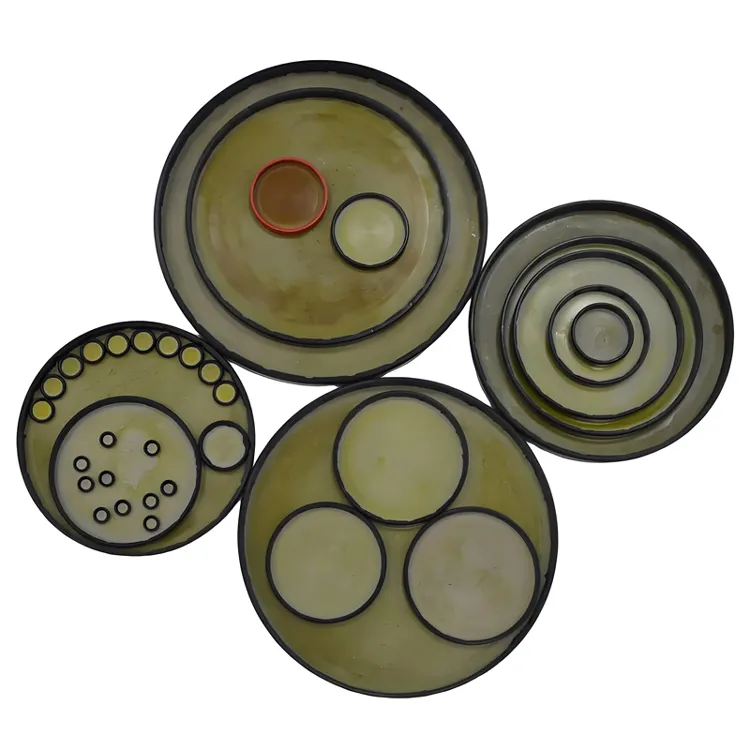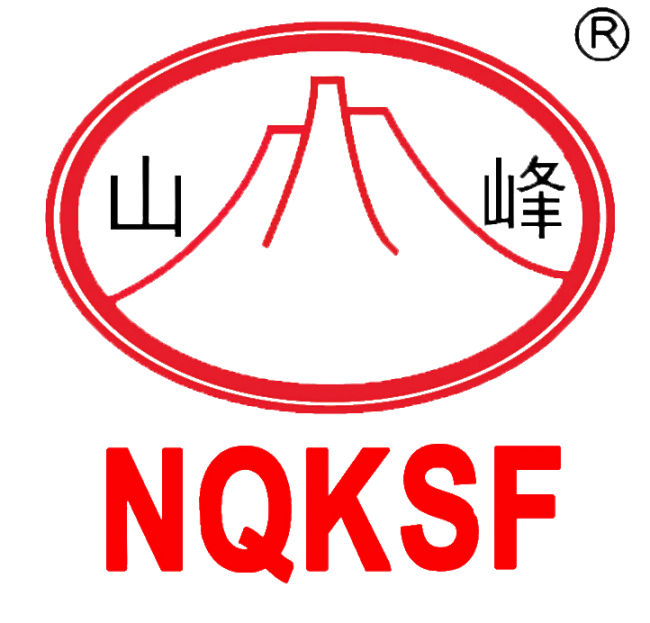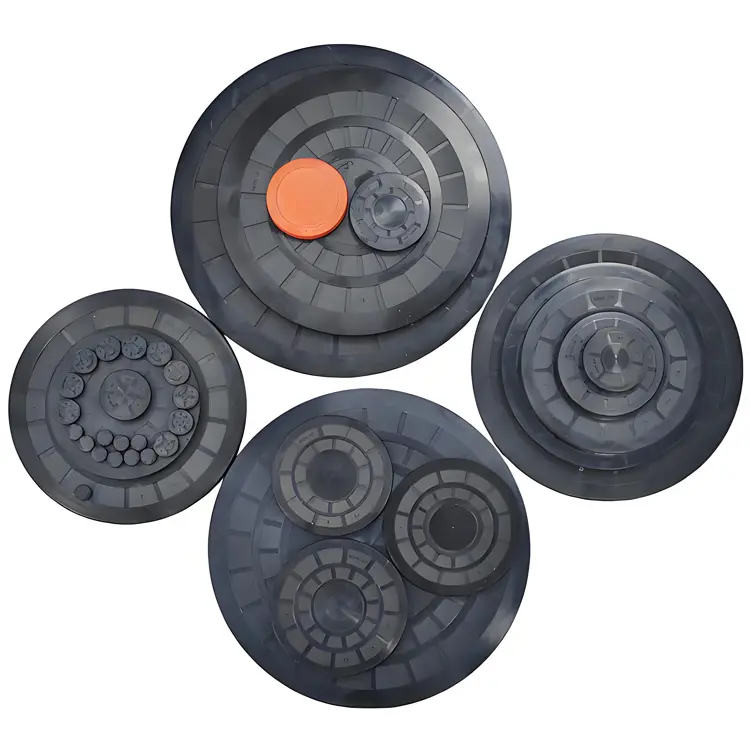Избор на доставувач на масни печати кој навистина ги исполнува вашите барања
Избор на правилен доставувач за маслени ленти е важна одлука за бизнисите што бараат поуздани решенија за запирање кои осигуруваат ефикасност и долг век на нивната опрема. Пазарот на масни запти е обилен, но не секој доставувач може да ги испуни специјализираните барања кои бараат прилагодени или високи перформанси. Разбирањето кои фактори се најважни и како да се проценат доставувачите ќе им помогне на компаниите да осигураат производи кои ја подобруваат перформансата и ја намалуваат застоеноста.
Разбирање на вашата масна запт Апликација Потреби
Пред да започнете со барање на соодветна олова Печатка доведник, важно е целосно да го разберете и јасно да го дефинирате специфичниот захтев на вашата примена на маслено кабе. Размислете за точните работни услови со кои масленото кабе ќе се соочи во употреба. Дали кабето ќе биде изложено на екстремни температури, многу високи или многу ниски? Дали се очекува да издржи висок притисок или чести промени во притисокот? Дополнително, проценете дали кабето ќе дојде во контакт со агресивни хемикалии, масла или абразивни супстанции кои би можеле да влијаат на неговата интегритет.
Со внимателно дефинирање на овие оперативни параметри од самото почеток, можете значително да ја упростите процесот на избор на доставувач. Оваа рана јасност овозможува да се фокусирате на доставувачи кои имаат експертиза и докажана способност за производство на масни печати со материјали и дизајни кои се инженерски насочени специјално да издржат на тие захтевни услови. Ваквото насочено избирање осигурува дека масните печати ќе работат сигурно и ќе го одржат нивното запечатување ефективно во текот на векот на траење на производот.
Компатибилноста на материјалот често е основа при изборот на доставувач. Не сите масни печати можат да издржат на истите услови, а доставувачите со широк избор на материјали, вклучувајќи нитрил, флуоројаглерод, силикон, и полиуретан, нудат повеќе прилагодени решенија. Менаџерот за странската трговија на НQKSF нагласува важноста на целосна проценка на апликацијата како основа за изборот на доставувач.
Оценување на експертизата и капацитетите на доставувачот
Способностите на еден доставувач на масни печати се протегаат далеку покрај основните производни процеси. Вистинското искуство вклучува услуги за индивидуален дизајн, инженерска поддршка и строги пракси за осигурување квалитет. Кога ќе се проценуваат потенцијални доставувачи, важно е да се размисли дали тие нудат техничка консултација за да помогнат во оптимизирањето на дизајнот на печатот за вашата специфична примена. Дали доставувачот може да соработува блиску со вашиот инженерски тим за да ги прилагоди решенијата според уникатните барања за перформанси?
Понатаму, можноста за развој на прототипови и спроведување на строги тестови под симулирани работни услови е клучен показател за техничката компетенција на еден доставувач. Ваквите тестирања помагаат да се потврди издржливоста, ефективноста на запечатувањето и компатибилноста на масните печати пред започнувањето на целосната продукција. Доставувачите кои инвестираат во овие напредни капацитети можат да помогнат во намалувањето на ризиците и осигурувањето дека коначните производи ќе остварат оптимални перформанси во пракса.
Современи доставувачи како NQKSF имаат пристап до повеќе од 200 напредни производствени машини и вработуваат повеќе од 300 квалификувани работници, што овозможува брзо изработка на прототипови и масовна производство. Оваа комбинација од големина и техничка длабочина осигурува дека дури и комплексни индивидуални масни печати можат да се произведуваат според точни спецификации и да се достават навремено.

Клучеви фактори во изборот на доставувач
Квалитет на управување и сертификати
Доставувачот на масни печати мора да покаже строги стандарди за контрола на квалитет. Меѓународни сертификати како ISO 9001 и IATF 16949 укажуваат дека доставувачот одржува постојан квалитет на производство и пракси за континуирано подобрување.
Транспарентноста во производството исто така е важна. ERP системот на NQKSF е без хартија и поврзан со мрежа, што обезбедува целосна следливост од набавка на сировини до испорака на готови производи. Ваквите системи им овозможуваат на клиентите да ги следат нарачките во реално време и да потврдат дека стандардите за квалитет се почитуваат на секоја фаза.
Материјал и технологија на производство
Кои материјали и производни процеси има специјализација доставувачот? Напредните доставувачи користат разновидност на гумени и полимерни соединенија приспособени за специфична хемиска отпорност и температурни опсези. Техники за прецизно формирање, како што се инјекционо и компресионото формирање, осигуруваат тесни допустими отстапувања критични за ефективно запечатување.
Иновацијата во материјалите често ги разликува доставувачите. НQКСФ постојано развива рециклирачки и високо-перформансни соединенија кои ги исполнуваат меѓународните еколошки стандарди како REACH и RoHS, соодветствувајќи со целите на клиентите за одржливост.
Сервис и сигурност на снабдувањето
Време на испорака и перформанси при испорака
Колку брзо доставувачот може да ги исполни налозите, особено за индивидуални уплотнителни прстени? Закаснувањата во испораката можат да го застанат производството и да предизвикат скапи простои. Доставувачите со добро интегрирани вериги на снабдување и напредни ERP системи можат да нудат пократко време на испорака и сигурни распореди за испорака.
Менаџерот за страна трговија на NQKSF истакнува дека брзи понуди и флексибилно планирање на производството се конкурентни предности кои осигуруваат клиентите да добијат масни печати кога им требаат без компромис.
Техничка поддршка и сервис по продажба
Дали доставувачот нуди комплексна техничка поддршка која ја надминува почетната продажба? Нудењето на соодветни упатства за инсталирање, совети за одржување и помош при отстранување на грешки е клучно за осигурување на оптимална работа на масните печати и максимален век на траење.
Доставувачите од највисок ранг го препознаваат значењето на инвестициите во образование на клиентите и поддршка по продажбата. Често нудат детални обуки за инсталирање и превентивни препораки за одржување, со што им помагаат на клиентите да спречат преминување во рана фаза на крај на печатите. Оваа продолжена поддршка не само што го подобрува трајноста и по dependableноста на масните печати, туку и придонесува за намалување на вкупните трошоци на сопственост со минимизирање на простојот и намалување на честотата на замените.
Соработка за долгорочно успешност
Истражување и развој и иновации
Поврзаноста на доставувачот кон истражување и развој (ИР) може да биде одлучувачки фактор за клиентите. Со анализа на повратните информации од терен, доставувачите можат да подобрат дизајнот и материјалите на масните печати, со што ќе се подобри нивната трајност и перформанси со текот на времето.
Менаџерот за странската трговија на НQKSF верува дека инвестирањето во истражување и развој овозможува на доставувачите да предложат иновативни решенија за запирање кои ќе ги намалат трошоците за одржување и ќе го подобрат времето на работа на опремата.
Одржливост и отговорност кон meioокружето
Еколошките прашања сѐ повеќе имаат значење при изборот на доставувач. Како доставувачот ги решава прашањата за намалување на отпадот, енергетската ефикасност и можностите за рециклирање на материјалите? Соодветствувањето со меѓународните еколошки регулативи покажува одговорност и прогресивност.
Поврзаноста на НQKSF кон еколошки пријателски материјали и зелени производни процеси го одразува поголемиот индустриски тренд кон одржливоста, со што се поддржуваат целите на клиентите, но истовремено се исполнуваат и регулативните барања.
Често поставувани прашања
Како да се убедам дека доставувачот на масни печати ги исполнува моите барања за квалитет?
Проверете дали постојат признати сертификати како што се ISO 9001 и IATF 16949. Барајте информации за процесите за контрола на квалитет и системите за следливост. Доставувачи како NQKSF нудат прозрачно следење на производството преку ERP системи.
Кои фактори влијаат на рокот за испорака за индивидуално направени масни печати?
Рокот за испорака зависи од комплексноста на нарачката, достапноста на материјали и производствените капацитети. Доставувачи со напредна опрема и ефикасно планирање, како што е NQKSF, можат значително да ги скратат роковите.
Дали можам да добијам поддршка во текот и по инсталацијата?
Да, почитуваните доставувачи нудат обука за инсталација, техничка поддршка и сервисна служба за да помогнат да се зголеми перформансите и трајноста на масните печати.
Колку е важна одржливоста кога се бира доставувач на масни печати?
Одржливоста го одразува корпоративното одговорност и соодветството со еколошките закони. Изборот на доставувачи кои користат рециклирачки материјали и поеколошки процеси има корист како за животната средина, така и за јавниот имидж на вашата компанија.

